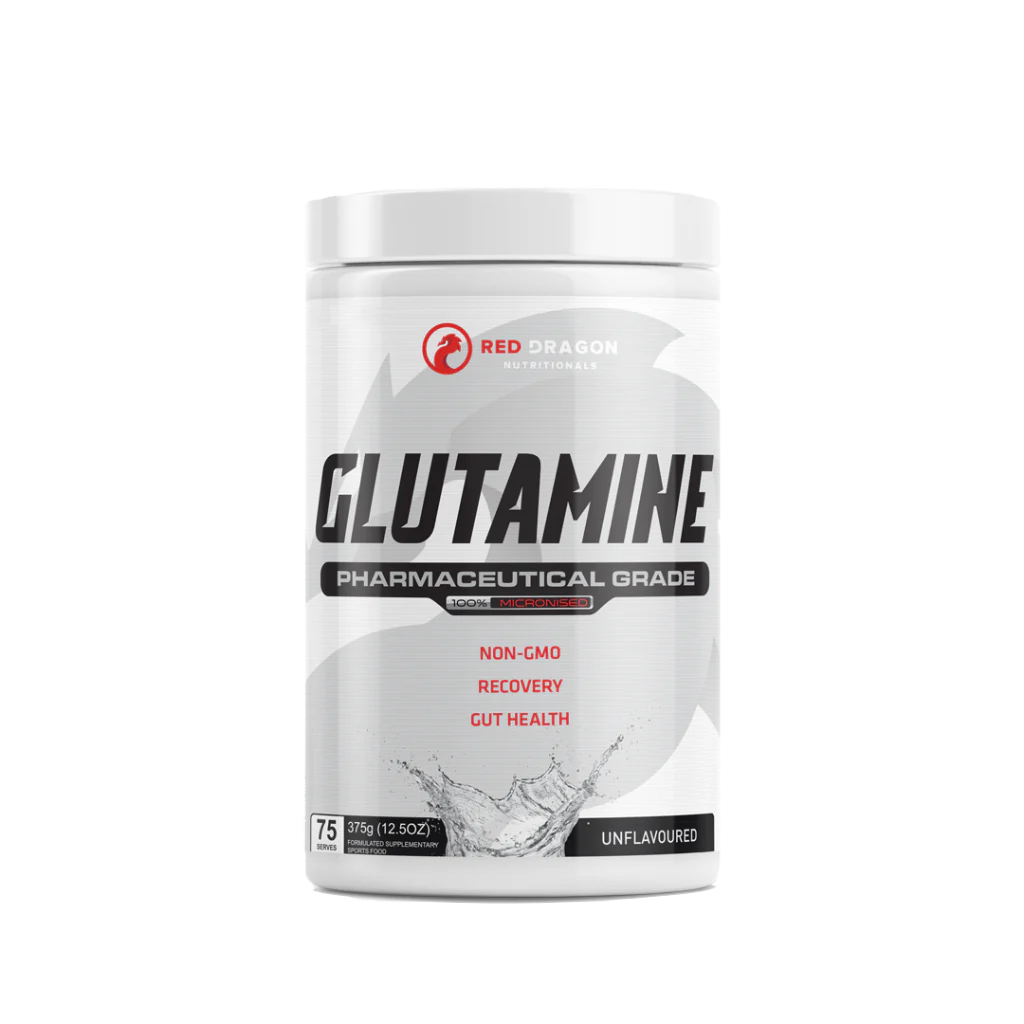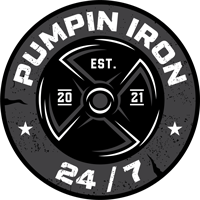What is Glutamine?
Glutamine is a naturally occurring amino acid that is abundantly found in the human body. It is classified as a conditionally essential amino acid, which means that in certain situations, such as illness, physical stress (like surgery or trauma), inflammatory diseases such as Crohn’s disease, or intense training, the body may not produce enough and therefore requires dietary intake, akin to the other nine essential amino acids.
What foods contain glutamine?
Since glutamine acts as a fundamental building block of proteins, it is present in various protein-rich foods and some plant-based sources. Good dietary sources of glutamine include:
- Beef
- Pork
- Chicken
- Eggs
- Dairy products like milk, yogurt, cottage cheese, and ricotta cheese
- Whey and casein proteins
- Corn and rice
- Spinach and cabbage
Glutamine can also be consumed as a supplement in the form of L-glutamine powder.
What is the difference between glutamine and L-glutamine?
The terms glutamine and L-glutamine are often used interchangeably in discussions about sports performance. The primary distinction lies in their chemical structure: L-glutamine is an isomer of glutamine, which means it has a slightly different arrangement of atoms. The body can produce L-glutamine, and it is naturally present in foods or available as a dietary supplement.
Why is glutamine important, and what are the benefits?
Glutamine plays a crucial role in various physiological functions of the body, both during periods of rest and in conditions of physical stress or illness.
Glutamine and gut health
Glutamine serves as the preferred energy source for gastrointestinal cells, which are vital for maintaining gut structure and reducing gut mucosal atrophy. This function helps regulate:
- Intestinal permeability, which controls the movement of substances through intestinal walls into the bloodstream.
- Bacterial translocation, the movement of bacteria from the intestines into other parts of the body, including sterile sites like internal organs and the bloodstream. Glutamine also enhances the secretion of immunoglobulin A (IgA), which further protects against bacterial translocation.
Both intestinal permeability and bacterial translocation can significantly impact overall health.
Glutamine, immunity, and sports performance
Glutamine plays a crucial role in supporting a healthy immune system and aiding in recovery, particularly after intense physical activity. High-intensity training can reduce immune defenses, making individuals more susceptible to illnesses such as the common cold. Studies have shown that supplementing with glutamine can reduce the incidence of upper respiratory tract infections following strenuous exercise.
Glutamine and other sports performance benefits
In addition to its role in gut health and immunity, glutamine helps prevent catabolism—a breakdown of muscle tissue—during exercise or periods of fasting. It supports muscle mass maintenance by facilitating the absorption of water and electrolytes in the intestines, making it a potential strategy for rehydration after exercise-induced dehydration.
Glutamine and medical conditions, injuries, and stress
Conditions like illness, injury, or stress can deplete plasma glutamine levels, which may lead to adverse health outcomes. Glutamine supplementation has shown benefits in reducing infection spread and complications in hospital settings, particularly among surgical patients and critically ill individuals.
How is Glutamine different?
Premium-grade L-glutamine, such as True Glutamine, is sourced from natural fermentation processes, ensuring high quality and purity. It is derived from vegetables, making it suitable for vegans.
How do I take Glutamine?
For most individuals, a daily dosage of 5 grams of L-glutamine is recommended to support immune health, gut function, and physical performance. It is generally considered safe up to 14 grams daily, though prolonged high-dose use requires medical or dietitian guidance.


Share:
Determining Your Daily Protein Requirements
Supplements to Consider as Part of a Healthy Diet